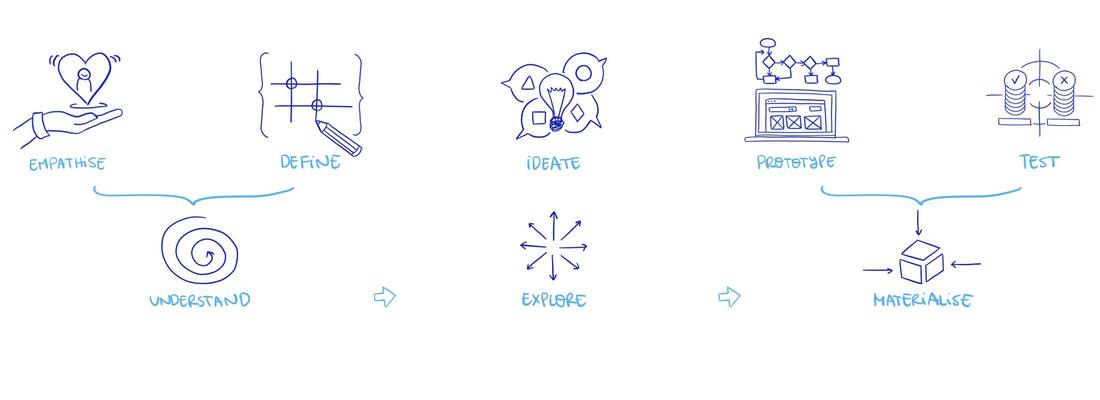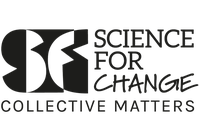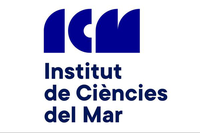
Co-design as a service: Methodological guide (Cos4Cloud)
This guide results from the experience and lessons learned in co-designing thirteen technological services within the Cos4Cloud project. The technological services were created from a bottom-up approach, following a co-design process connected to an agile software development methodology. The services developed aimed at improving citizen science technologies and citizen observatories by helping them to increase the quantity and the quality of observations.
The co-design team in Cos4Cloud implemented the co-design process as a service within the Cos4Cloud consortium. The results of implementing the co-design framework and methodologies and the corresponding monitoring during the co-design of the services were evaluated and adapted to be shared with the citizen science community as a methodological guide.
The present methodological guide includes an introduction to the world of co-design, where the main definitions and mindsets of co-design and design thinking are given, as well as some tools to start applying the creative methodologies within them. Secondly, it introduces the co-design methodology followed in Cos4Cloud, together with some important concepts, such as citizen science and citizen observatories. Then, a practical guide of implementation is given, including all the co-design methodologies used in Cos4Cloud. The most standard methods include a description and a work map template, while the customised ones incorporate a step-by-step guide to implement them. Finally, an explanation is given on how the co-design process was implemented in Cos4Cloud as a service for software developers, by using three interactive platforms that allowed us to perform all creative sessions. The document concludes with an invitation to implement co-design processes in other software development projects.
Publish information
| Authors: | R Arias; J Piera; C Fabó Cartas; B Guasch; A Amo; M Hernández; S Liñán; A Justamante; K Soacha; |
| Publisher: | Cos4Cloud |
| Year of publication: | 2022 |
| License: | CC BY-NC-SA 4.0 |
| DOI: | 10.5281/zenodo.7472450 |




